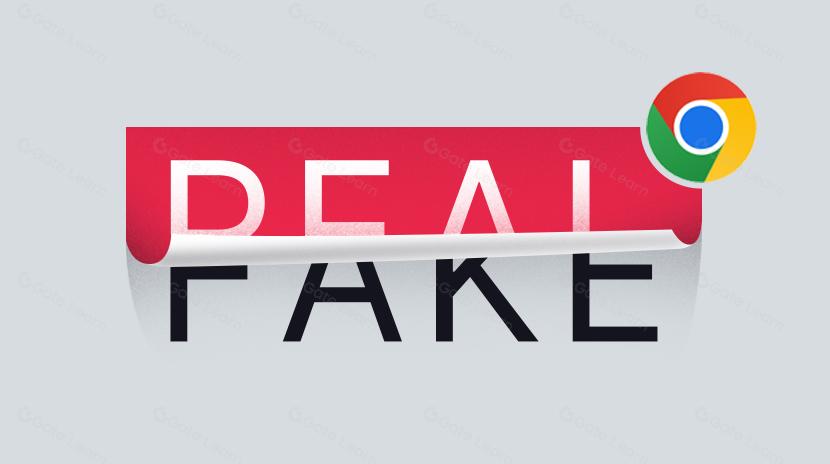ElizaOS v2 升級:AI 代理從簡單自動化到完全自主的路徑演化
相較於 v1 版本,此次 ElizaOS v2 的發佈意味著 AI 代理功能的顯著升級,從簡單的自動化工具進階成具備事件驅動和自主決策能力的智能體,能夠在複雜環境中獨立完成任務。3 月 18 日,ElizaOS(原 ai16z)創始人 Shaw@shawmakesmagic 宣佈推出 ElizaOS v2 1.0.0 測試版。儘管仍有大量工作正在進行中,但社區用戶對此次升級期待已久,一經發布便引發了熱烈討論。
與 v1 版本相比,ElizaOS v2 在功能性上有了顯著提升,更為靈活、自主、可擴展,能夠支持更多的用例和複雜交互。本文將深入探究 ElizaOS v2 的亮點,以及 ElizaOS 生態佈局、產品規劃和核心代幣 $ai16z 在生態中發揮的關鍵作用,以供用戶參考。
ElizaOS 概述
ElizaOS 是一個 AI 代理操作系統,其核心是一個開源、可擴展、模塊化的多代理模擬框架 Eliza,支持用戶創建、部署和管理自主 AI 代理。Eliza 基於 TypeScript 構建,對開發人員極為友好,據 Github 平臺數據顯示,截止 3 月 19 日,Eliza 擁有 15.1k 星標和 4.9k 個分支,貢獻者為 557 人,顯示出了極大的發展潛力。

(來源:@elizaOS)
作為目前功能最豐富的代理框架之一,Eliza 的核心功能包括:
- 多代理框架:支持用戶同時構建和部署多個獨特的 AI 代理,基於角色文件框架來自定義代理的個性、知識和行為模式,並利用強大的檢索增強生成 (RAG) 功能(通過結合外部知識庫增強 AI 生成的準確性)來提供上下文語境響應。
- 多模型集成:Eliza 支持 Deepseek、Ollama、Grok、OpenAI、Anthropic、Gemini、LLama 等多種模型,充分保持靈活性。
- 跨平臺交互:通過標準化服務抽象與 Discord、X、Telegram、Slack、Farcaster 等社交平臺無縫連接,允許跨平臺交互的同時保持個性的一致化。
- 可擴展性:支持開發人員通過模塊化的插件系統添加和刪除自定義代理功能,目前 Eliza 已集成 170+ 插件,涵蓋 DeFi、數據、媒體、社交、基礎設施、安全、AI 等多個應用場景。

(來源:eliza.how)
除了核心框架外,ElizaOS 的其他兩個關鍵組件是 AI 驅動的 DAO 治理和 Eliza Labs,前者將人類意圖和代理驅動充分結合,以試圖打造一個全新的去中心化治理模式,而後者則為研究開發提供引擎,通過 Grant、加速器計劃等為開源貢獻者提供資金、技術、資源等多方位的支持,從而促進整個生態系統的可持續發展。
值得注意的是,ElizaOS 於今年 1 月底進行了品牌重塑。該項目最初以 ai16z 的名稱亮相,是首個建立在 Solana 區塊鏈上的去中心化 AI 交易基金,採用 AI 模型模擬 a16z 合夥人 Marc Andreessen 的投資決策邏輯,並結合 DAO 成員的建議來指導投資策略。
此次將 ai16z 正式更名為 ElizaOS,也意味著項目邁入了嶄新的發展階段。但除此之外,$ai16z 的代幣代碼和合約地址目前維持不變,團隊不會發行新代幣。同時,Eliza 將繼續作為生態吉祥物和項目代言人。
ElizaOS v2 亮點
相較於 v1 版本,此次 ElizaOS v2 的發佈意味著 AI 代理功能的顯著升級,從簡單的自動化工具進階成具備事件驅動和自主決策能力的智能體,能夠在複雜環境中獨立完成任務。
事實上,基於 ElizaOS v1 創建的 AI 代理在能力上已經取得了一些進步,與只能基於預設規則執行任務,行為簡單固定,且不具備環境適應能力的代理相比,能夠同時處理多個任務,具備上下文感知能力,並且支持多代理協作,顯著提升了整體效率。但是,v1 版本也暴露出了一系列問題,比如:核心代碼庫冗雜、不同平臺之間的通信隔離、不同鏈之間的錢包摩擦以及代理行為規劃的有限性等。

(來源:@shawmakesmagic)
針對上述問題,ElizaOS v2 進行了優化和擴展,具體表現為:
- 更好的組織架構:一方面,v2 提供了新的軟件包註冊系統,允許開發人員根據實際用例需求在不修改核心代碼的前提下,進行代碼修改和自定義。另一方面,新版本提供了更多模塊化和可維護的架構,以及插件管理的 CLI 工具。
- 簡化的錢包系統:v2 支持代理使用一個統一的錢包進行多鏈資產管理,並且更靈活的處理不同區塊鏈上的交易。
- 更智能的通信:支持代理更輕鬆地實現不同平臺間的路由信息傳遞。
- 高級規劃行為:支持代理提前規劃一系列行為,更具戰略性和自主性。
除了上述具體功能外,最值得關注的是,基於 ElizaOS v2 構建的代理角色將隨著時間的推移具備自我學習和自主進化的能力,它能夠在與社區的互動中不斷地發展和改進。這種從被動響應到主動決策,從規則驅動到自主學習的強大演變,勢必會對各行各業帶來深刻革新。例如,
在 DeFi 領域,這些 AI 代理可以實時分析市場數據、用戶風險偏好和投資目標,自主制定和執行投資策略,並根據市場動態進行自主調整,從而提升收益穩定性。具體表現為:
- 跨鏈套利:利用多鏈數據發現套利機會,自動執行跨鏈交易。
- 風險管理:通過實時監控市場風險,自動觸發止損或對衝操作。
- 動態資產配置:根據市場波動自動調整投資組合,優化風險與收益。
在醫療健康領域,這些 AI 代理可以基於用戶的健康數據,提供個性化健康管理建議,可以在實行監測時自動觸發預警等。
在遊戲領域,這些 AI 代理可以根據玩家行為和偏好動態生成遊戲內容,優化社交匹配對象,以及管理遊戲內資產(如 NFT 和代幣),為玩家制定和執行交易策略等。
在 NFT 領域,這些 AI 代理不僅可以基於市場趨勢和用戶偏好自主生成高質量的 NFT 作品,還可以為用戶提供實時估值和買賣策略,並自動執行交易策略。
當然,除了上述應用場景,隨著 AI 代理自主性的增強,它將會對 Web2 和 Web3 中的各個領域都產生顛覆性的影響。它們不僅能夠提升效率、降低成本,還能創造全新的商業模式,為用戶帶來前所未有的體驗。
ElizaOS 產品動態
ElizaOS 團隊的願景是創建一個去中心化的智能開放網絡,使 AI 代理能夠高效、自主地在各行業和社區中運作、協調和推動有意義的進步。除了 Eliza 框架外,團隊也在同步建設其他兩個核心組件:AI 驅動的增強型 DAO 和為研發提供支持的 Eliza Labs。
現階段,ElizaOS 開源社區將作為第一個 AIDAO 實驗,它試圖革新現有的去中心化治理模式,賦予 AI 代理更多權利,允許其管理資金、協調資源、招募貢獻者等,而代幣持有者則提供戰略監督。
Eliza Labs 作為助燃劑,引領和支持整個 ElizaOS 生態發展。除了 Eliza v2 外,Eliza Labs 目前也正在開發其他產品:
- 全球信任市場:一個社交交易智能層,通過結合 AI 驅動的信譽評分、交易驗證和去中心化執行,以實現增強的投資策略。未來,它還將支持多實例系統,允許社群自定義風控參數、管理 DAO 資金,並利用可定製的 AI 模塊來制定交易策略。
- AI 驅動的代幣發行平臺:一個用戶友好型 Launchpad,允許用戶輕鬆創建和管理代幣和 elizaOS 代理。同時,通過與合作伙伴合作來提供無限制的最佳託管代理體驗。
- DegenSpartanAI:一個交互式 AI 交易代理,提供實時市場洞察、用戶討論和 NFT 合作。從長遠來看,團隊的目標是將其打造成為一個完全自主的交易代理,支持跨鏈交易和具備自適應學習能力。
- Eliza Studios:一個創意工作室,專注於打造自主角色、生成式媒體體驗和沉浸式 AI 敘事,以試圖重新定義娛樂本身。
除了自主研發產品外,ElizaOS 團隊也將為優質創新項目提供諸多支持,以共同構建一個充滿活力的、智能化的開放生態。
以 $ai16z 為核心的經濟激勵
儘管 ElizaOS 憑藉其通用型框架在 AI 代理賽道有了一席之地,但此前因其模糊的代幣經濟模型頗受詬病。在最新一次發文中,ElizaOS 明確指出 $ai16z 成為網絡激勵和生態增長的通道。
$ai16z 最大初始供應量 11 億枚,基於 Solana 發行,在創建之初已實現全部流通,完全由社區驅動。鏈上數據顯示,截止 3 月 20 日,$ai16z 鏈上持有地址數約 114,300,流通市值約 2.07 億美元。據團隊表示,$ai16z 作為研究、開發和開源創新的協調層,將在生態中發揮多重作用,包括:
- 質押以訪問生態:用戶通過質押代幣可以解鎖新合作伙伴的代幣訪問權限,並增強基於 ElizaOS 框架項目的代幣分配。
- 創建流動性池:$ai16z 代幣將與合作伙伴的資產配對,推動代幣的流動性和市場需求,同時為生態參與者提供更多交易和收益機會。
- 核心產品集成:利用信任市場、Autofun 和 Eliza Studios 等平臺來放大網絡效應,並通過擴展金庫來提高對用戶的質押激勵。
- DAO 治理與發展:用於獎勵對 DAO 生態做出貢獻和捐贈的用戶,確保為核心框架開發提供長期資金支持。
儘管具體細節將分階段公佈,但 $ai16z 代幣的重要性已顯而易見。它將作為生態的核心樞紐,貫通質押機制、生態合作伙伴和核心產品,推動 ElizaOS 生態的繁榮與可持續發展。
未來展望與挑戰
根據 ElizaOS 的規劃,接下來團隊將繼續專注於 Eliza v2、DegenSpartanAI 和全球信任市場 等核心產品的打磨,優化現有功能並增添新的服務,以不斷提升用戶體驗。同時,團隊也將積極擴展生態版圖,攜手更多優秀的開發者和合作夥伴,共同構建一個開源、自由、創新的智能生態。
然而,通向新世界的道路通常充滿挑戰,ElizaOS 團隊在實現願景的過程中也將面臨諸多難題,例如:
- 在技術方面,隨著核心產品功能的擴展,其複雜性將大幅提高,對計算資源、算法效率、跨鏈互操作性等也提出了更高的要求。
- 在生態方面,與更多優質項目合作是擴展生態的重要途徑,但如何實現技術與商業模式的深度融合需要團隊的進一步思考。
- 在經濟方面,儘管團隊賦予了 $ai16z 諸多應用場景,但在實際落地過程中仍然存在極大的不確定性,團隊需要持續優化經濟模型,以更好地平衡和激勵生態參與方。
- 在合規與倫理方面,AI 和加密行業目前均缺乏明確的監管框架,團隊需要時刻關注數據隱私與安全、自主性增強智能體的可解釋性等。
結語
ElizaOS v2 的發佈對團隊而言,不僅是一次階段性的成果交付,更是 AI 智能體從簡單自動化向完全自主化演進的重要里程碑。它為社區用戶帶來了更豐富的功能和獨特的體驗,同時也為未來的技術突破和生態擴展奠定了基礎。
儘管 ElizaOS 團隊在技術、生態擴展、經濟模型、合規等方面面臨諸多挑戰,但這些挑戰恰恰是推動生態不斷進化的動力。通過持續創新、開放協作和社區共建,期待 ElizaOS 為用戶帶來更多價值與可能性。
相關文章
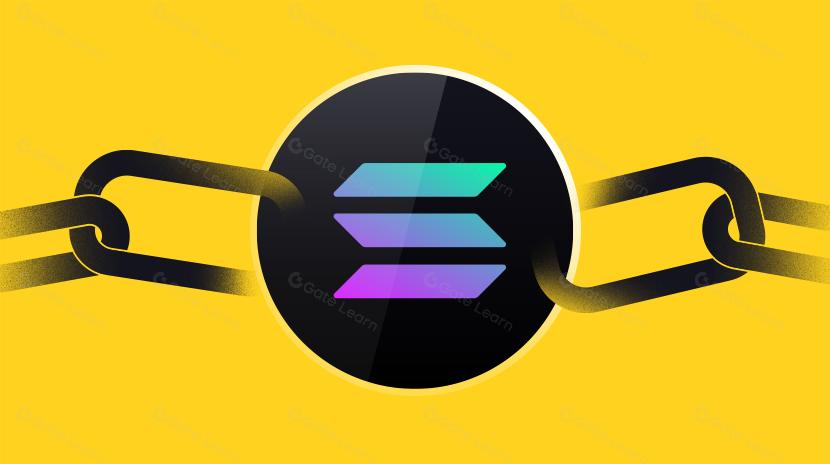
Solana需要 L2 和應用程式鏈?

Sui:使用者如何利用其速度、安全性和可擴充性?
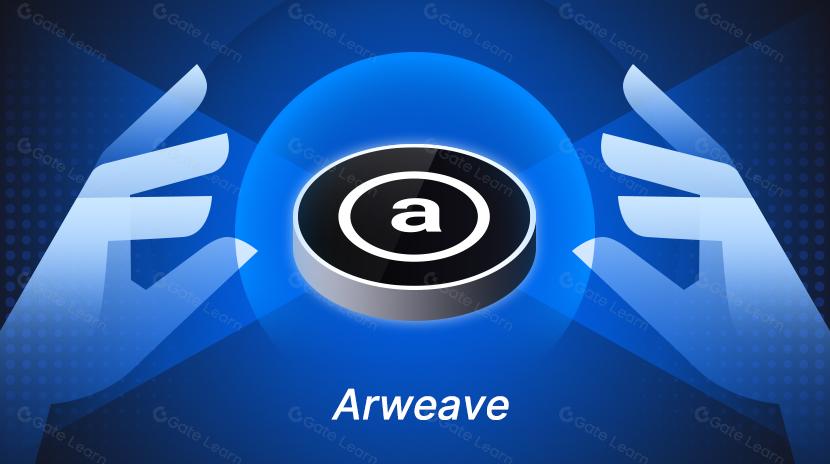
Arweave:用AO電腦捕捉市場機會
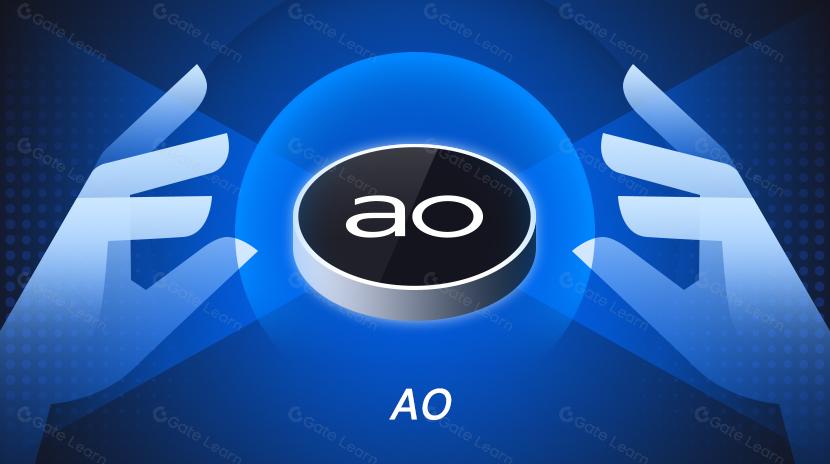
即將到來的AO代幣:可能是鏈上AI代理的終極解決方案
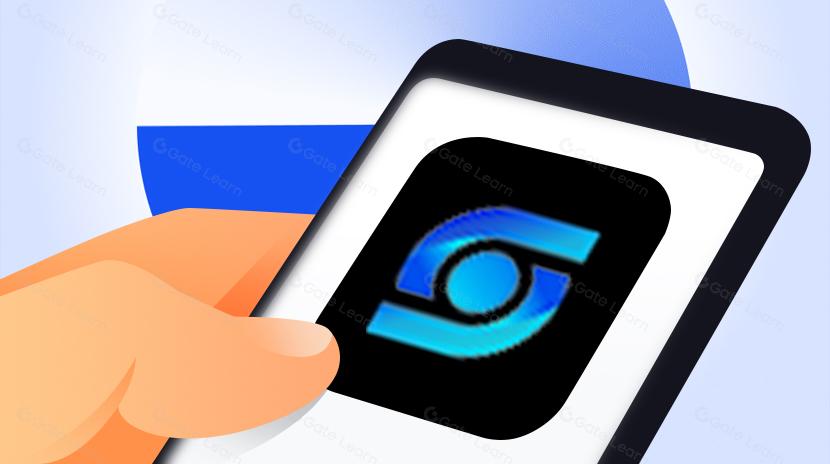
什麼是中本聰同步?您需要瞭解的有關 SSNC 的所有資訊
